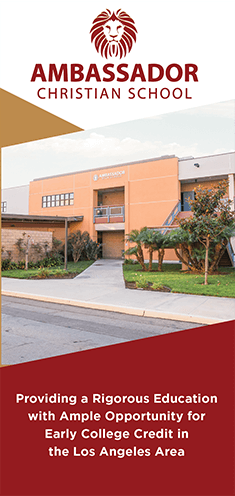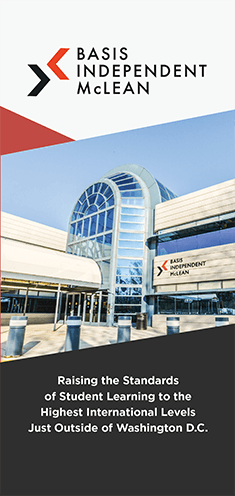Student Success


University of California, Berkeley ‘27


Saint John's High School


Boston University '23


Boston University '18
Hey Guac Restaurant Owner, Shanghai


Saint Anthony's High School


University of California, Davis ’27




Boston University ’26


Saint Anthony's High School
Top University Acceptances












of Amerigo University Advantage students who applied were admitted to Top 100 Nationally-Ranked US Universities
countries are represented by Amerigo students
four-year scholarship average for graduating Amerigo scholarship recipients
countries are home for our Amerigo team
Student Services
Amerigo Education's international students receive the services they need to succeed at top private schools in North America, as well as tailored guidance and support to help them get into the university of their dreams.
University Preparation Programs for International Students
Amerigo's University Preparation Programs works closely with the Guidance and University Advising Department at each of our partner high schools, addressing the unique needs of international students and ensuring that they're on track for university admittance.
University PreparationInternational Student Accommodations
Amerigo students always have a comfortable, safe place to call home during their study abroad experience, with both residential and homestay options available.
AccommodationsInternational Student Support Services
We pride ourselves on unpararelleled student support services to international students and their families, beginning from the moment they enroll and continuing throughout their high school experience.
Student SupportOur Schools
Amerigo Education's international students receive the services they need to succeed at top private schools in North America, as well as tailored guidance and support to help them get into the university of their dreams.

























